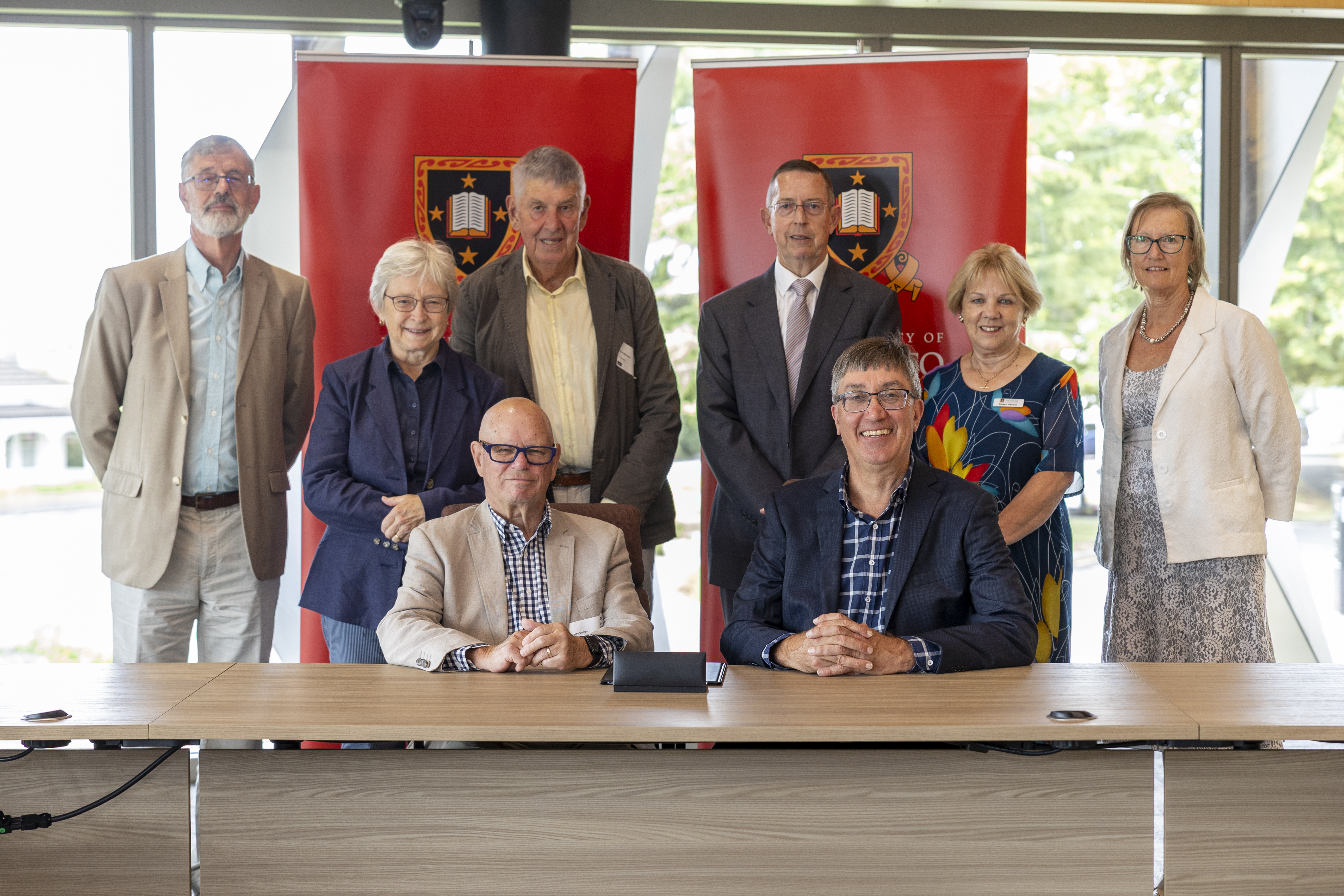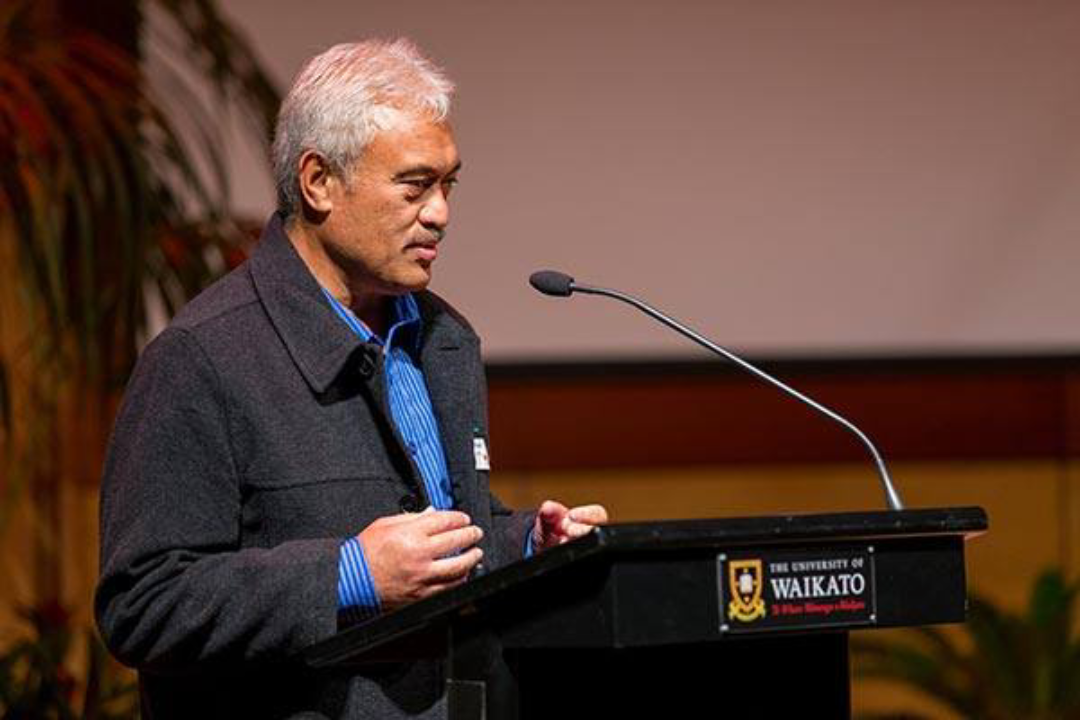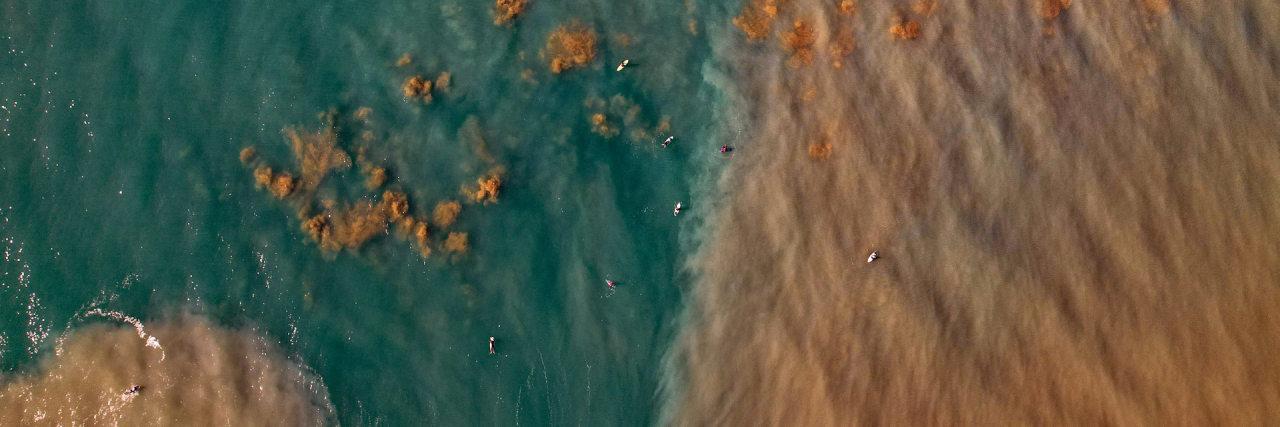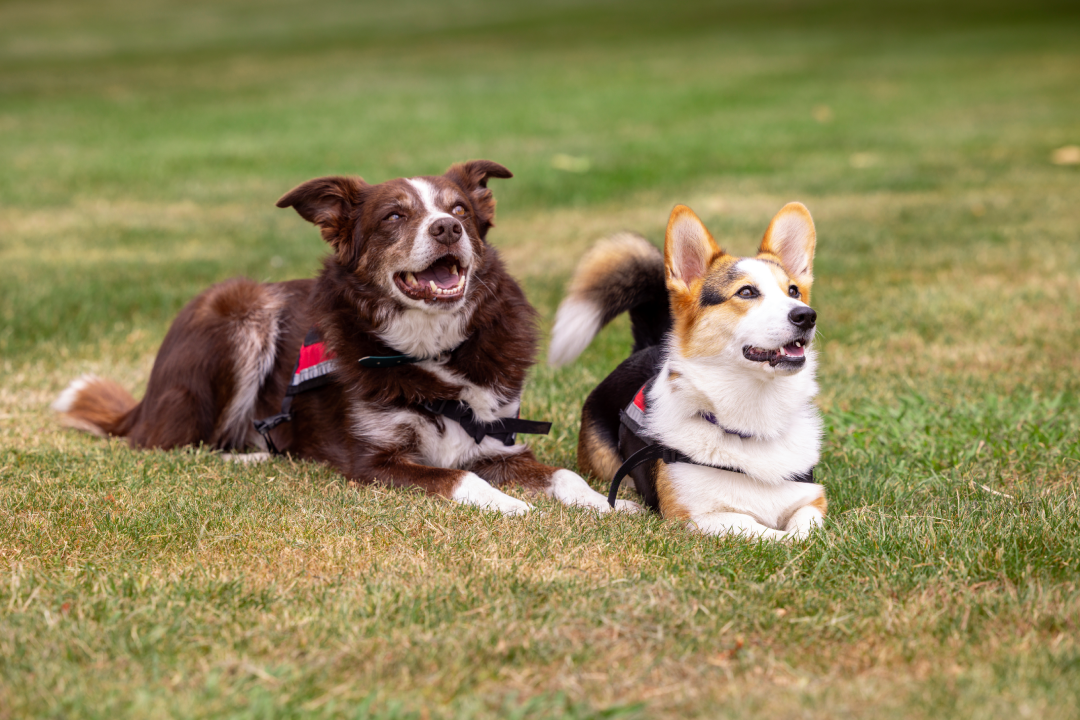The ability for Waikato University staff and students to gain hands-on experience working with organisations and communities in the Pacific is one of the benefits of a new partnership with the Volunteer Services Abroad (VSA).
A MoU signed between the University and VSA will identify opportunities to collaborate on projects and assignments, with the aim of creating a positive impact in the Pacific.
University of Waikato Deputy Vice-Chancellor Research, Professor Gary Wilson, says the University is proud to have a strong Pacific research presence.
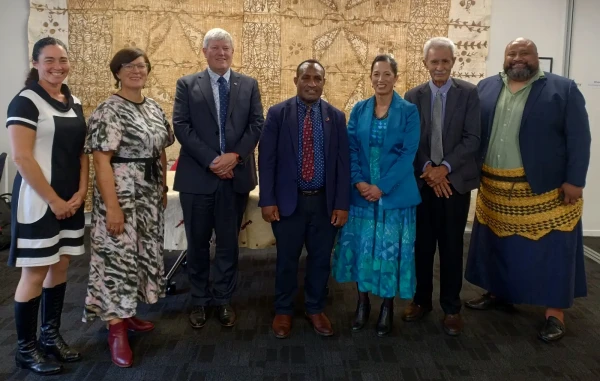
L-R: VSA Business Development Manager Tamar Porat, VSA CEO Kate Wareham, University of Waikato Deputy Vice-Chancellor Research Professor Gary Wilson, Deputy High Commissioner PNG Mr Pati Pyale, University of Waikato Assistant Vice-Chancellor Pacific Dr Keakaokawai Varner Hemi, High Commissioner Samoa His Excellency Afamasaga Faamatalaupu Toleafoa, VSA Principal Liaison Pacific Partnerships Lupeti Finau.
“This is about finding a trusted agent that works in the Pacific, who will utilise our research and provide opportunities for our students to participate.
“One of the exciting things about this is that VSA runs things like the UniVol programme, and that programme is for people finishing their degrees to go and spend a year in the Pacific working on programmes.”
Professor Wilson says it's exciting to have an opportunity for our students to utilise this partnership through work-integrated learning, and the potential for this to lead to career opportunities after they finish their qualifications.
VSA Chief Executive Kate Wareham, says the partnership strengthens the ability to connect academic knowledge with real-world development work.
"Through this partnership, we will create pathways for university staff, students, and alumni, to connect and engage meaningfully with organisations and communities in the Pacific and Timor Leste.”
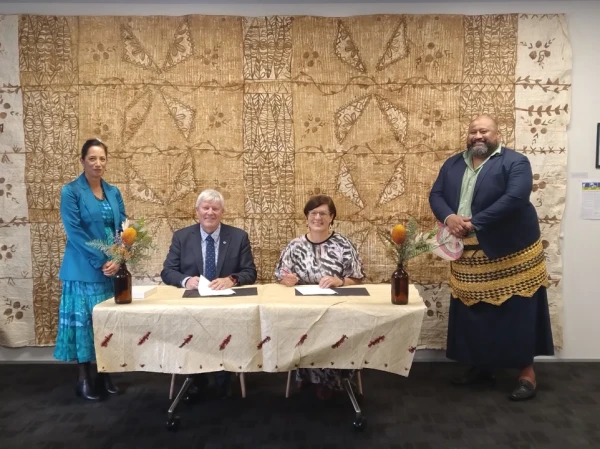
L-R: University of Waikato Assistant Vice Chancellor Pacific Dr Keakaokawai Varner Hemi, University of Waikato Deputy Vice Chancellor Research Professor Gary Wilson, VSA CEO Kate Wareham, VSA Principal Liaison Pacific Partnerships Lupeti Finau.
It’s hoped that the learning journey doesn’t end when a person gets a degree or leaves university.
"VSA offers a unique avenue to continue growing, professionally and personally, while working, living, and making a difference in people's lives across Te Moana-nui a kiwa, the great Pacific Ocean.”
University of Waikato Assistant Vice-Chancellor Pacific, Dr Keakaokawai (Keaka) Varner Hemi also reiterated the strong alignment with this partnership.
“We know that people learn a lot through leadership and service. VSA has demonstrated they are committed to working alongside Pacific communities for the long term, which means our students will have the opportunity to spend 10 to 18 months in a community.”
Dr Hemi says the partnership will also support the University’s Pacific Strategic Plan.
“We know that part of our role is to address the underrepresentation of Pacific researchers and research, and Pacific academics. We also know that to grow our Pacific staff we need to provide strategic opportunities like this for them to stay on a pathway that leads to research or academia.”
Dr Hemi says the partnership is a “no brainer opportunity” with an organisation that has a long track record of doing good, and a strong reputation in the Pacific.
“Whether it's law, engineering, or a science background, VSA wants to put our students into a multidisciplinary team or an interdisciplinary team, which is also what humanity needs.
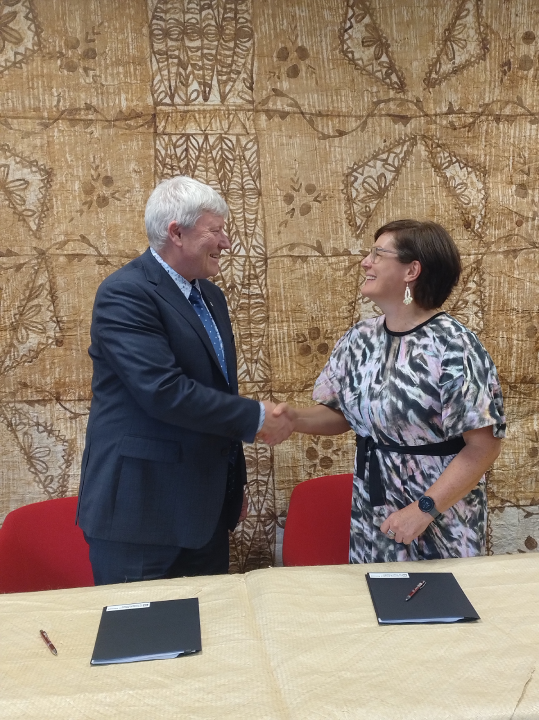
University of Waikato Deputy Vice Chancellor Research Professor Gary Wilson and VSA CEO Kate Wareham.
“It's what you need in climate change projects. It's what you need for data and AI projects. It's important for the future of the planet, but also for the future thriving of Pacific communities, and indeed, for communities here in New Zealand.”
Dr Hemi says the knowledge we gain from working side by side with communities will provide invaluable insights into areas like sustainability, as Pacific peoples live sustainable practices daily.
“You can imagine how, for the future of this country, we might benefit from having graduates who have experienced sustainable ecosystems firsthand, who we can all learn from, whether it’s taking care of clean water or sustainable provision of food. This type of hands-on learning can provide huge benefits to the future of New Zealand.”
